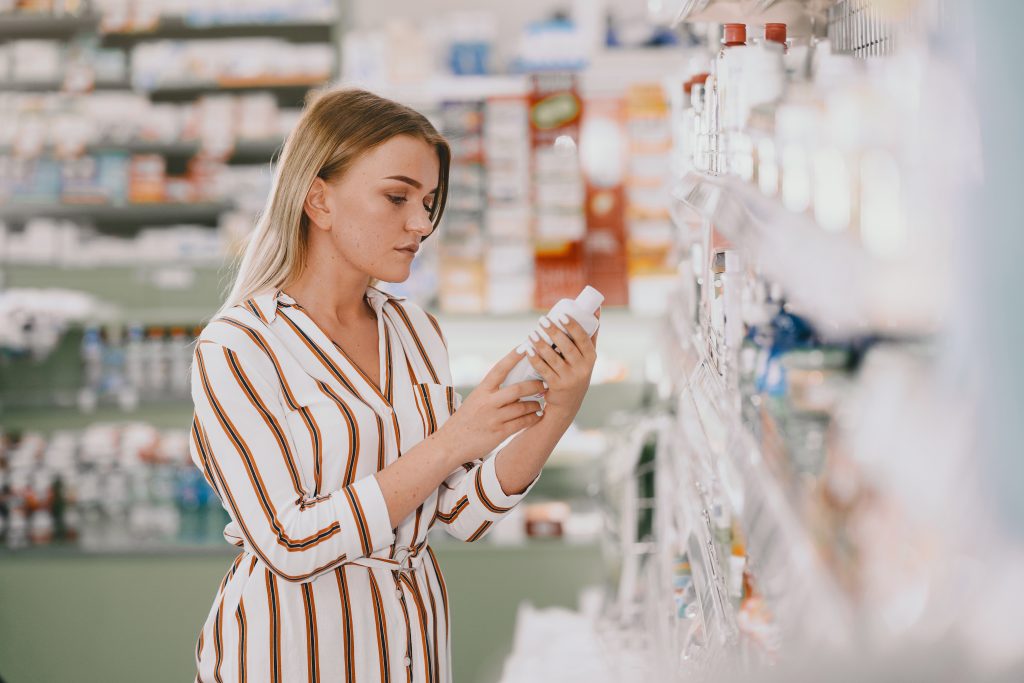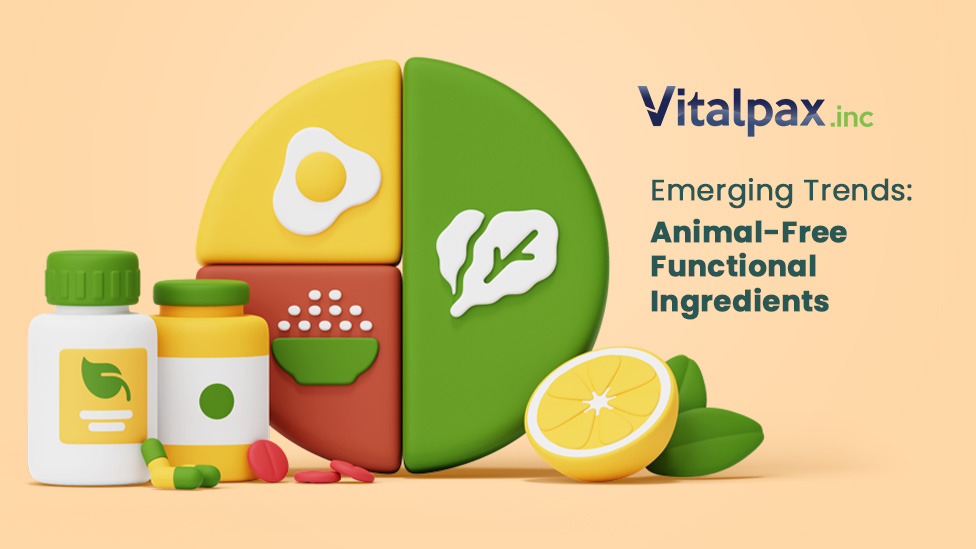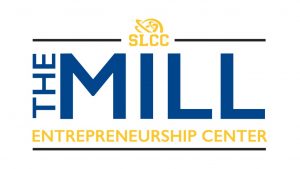Animal-free functional ingredients, such as like fermented dairy proteins, plant-based collagen alternatives, and microbial chondroitin, are reshaping the supplement and food industries by offering sustainable, ethical, and effective alternatives to animal-derived compounds.
Walk down the aisle of any health store, and you’ll notice something new: labels boasting “animal-free” proteins, collagen alternatives, and even joint-health supplements. But what does animal-free really mean—and why does it matter?
At Vitalpax, we believe the future of supplements is built on innovation that keeps pace with consumer values. These breakthroughs aren’t just about replacing traditional inputs; they’re about creating sustainable, ethical, and effective solutions that meet the demands of modern wellness consumers.
Let’s unpack the trend.
What Do We Mean by “Animal-Free”?
Traditionally, functional ingredients like collagen, dairy proteins, and chondroitin were sourced from animals. Today, biotech and fermentation science are rewriting the playbook:
Dairy Proteins Without Cows
Through precision fermentation, companies can brew proteins like whey and casein. They’re molecularly identical to their animal-derived counterparts, but without the environmental toll of dairy farming.
“Animal-free whey protein has the same functionality and nutrition as traditional whey, but reduces greenhouse gas emissions by up to 97% compared to conventional dairy,” according to a 2023 life cycle assessment on precision fermentation dairy.
Plant “Collagen” Extracts
Instead of sourcing collagen from animal tissue, scientists are turning to plant glycoproteins and botanical compounds that stimulate the body’s natural collagen production. These offer a vegan-friendly way to support skin, joint, and connective tissue health.
Microbial chondroitin
A breakthrough for joint health supplements: once extracted from animal cartilage, chondroitin can now be produced via microbial fermentation.
“This is the world’s first non-animal chondroitin, opening a new category for ethical and sustainable joint health solutions,” said Innovactiv in its 2024 Vitafoods announcement.
These examples only scratch the surface. From vitamins to flavor enhancers, the portfolio of animal-free innovations is expanding rapidly.
Why Consumers Care
For today’s health-conscious shopper, animal-free ticks several boxes:
- Sustainability: Precision fermentation dairy has been shown to slash water use by up to 99% compared to conventional dairy.
- Ethics: Consumer demand for products that align with their values continues to rise. Surveys consistently show that shoppers are motivated by transparency and animal welfare, with plant-based claims ranking among the top purchase drivers for younger demographics.
- Function without compromise: The challenge is ensuring these alternatives perform just as well (or better) than their animal-derived counterparts.
But there’s also an opportunity here. Achieving the same functionality as animal-derived ingredients often requires advanced tools like precision fermentation, GMOs, or synthetic biology. While these methods may sound technical, they open the door to sustainable, scalable, and consistent production – ensuring that nutrition and performance aren’t compromised.
With the right education and transparency, consumers are increasingly open to science-backed solutions that deliver both health benefits and a lighter environmental footprint. Clarity will be key to building lasting trust.

The Regulatory Gray Zone
In the U.S., there’s no official FDA definition for “animal-free.” Instead, these claims fall under the FDA’s broader requirement that food labeling must not be false or misleading.
That means companies must:
- Ensure every component, including excipients and processing aids, is free of animal input.
- Document the production process, particularly for recombinant proteins or fermentation-derived compounds.
- Avoid consumer confusion around allergens (for example, animal-free whey is still considered a milk allergen).
Without a federal standard, brands often lean on third-party certifications like Certified Vegan or Plant-Based Certified to build confidence.
Beyond Replacement: Re-Imagining Function
The most exciting part of this shift isn’t just about replacing animal-derived ingredients – it’s about unlocking new possibilities:
- Dairy proteins without lactose, making them friendlier for sensitive consumers.
- Collagen alternatives that align with vegan lifestyles.
- Bioactive compounds engineered to deliver higher purity and potency than their traditional counterparts.
In short, animal-free isn’t just a substitute; it’s a chance to rethink nutrition.
Final Thoughts
Animal-free functional ingredients represent a rare moment where science, sustainability, and consumer demand converge. For brands and manufacturers, the challenge isn’t whether consumers will accept these innovations – it’s how clearly we can communicate their benefits, secure credible certifications, and deliver products that perform.
At Vitalpax, we’re proud to be at the forefront of this movement. By embracing trend-driven, innovation-forward manufacturing, we partner with brands to turn the latest science into supplements that resonate with today’s, and tomorrow’s, health-conscious consumers.
Looking to bring your next breakthrough to market? Vitalpax is here to help transform bold ideas into trusted, scalable products. Call us at +1 866 848 2588 and talk to one of our Sales Specialists about your electrolyte powder supplement contract manufacturing needs, or email [email protected] details of your manufacturing project and receive a competitive price quote.
References
GEA. (2024). Precision fermentation advances sustainable dairy. Gea.com.
Mridul, A. (2023, September 18). How Climate-Friendly is Animal-Free Dairy? Comparing Precision Fermentation LCAs. Green Queen.
Innovactiv. (2025, July 9). The #1 trend we spotted at Vitafoods. Innovactiv.com
Watson, E. (2023, March 7). Animal-free’ dairy may not be the best way to describe whey made by microbes, not cows, says Perfect Day. AgFunderNews.
SGS Corp. (2025)/ Vegan and Vegetarian Certification. Sgs.com
NSF. (2020). Certified Plant Based Label. (2020). Nsf.org.




